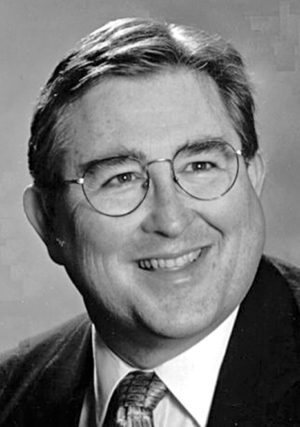By Danny Crownover
The Vagabond recently attended the Alabama Power Company retiree group luncheon. These great folks call themselves The Energizers. The Vagabond’s sweetheart, Lynn Pruitt, is a member.
The luncheon brought memories of a luncheon celebration on Alabama Power Company’s 40th birthday, during which Colonel O.R. Hood, one of the original incorporators of Alabama Power, told for the first time in public the story of how the Dwight Manufacturing Company of Boston, Massachusetts came to locate a cotton mill in Gadsden in 1891.
According to Reed, Alabama Power Company founder Captain William Patrick Lay came into his office one day and said, “Hood, I want you to write a letter to this cotton mill concern in Massachusetts.”
Lay had previously observed a flume built by government engineers on the Coosa River’s Lock No. 2, which channeled water to a grist mill on the Wood property. This gave him the idea of mass production of electric energy by waterpower. Lay was working along that line when a local banker saw a small advertisement in a newspaper saying that a large cotton manufacturing company was seeking a site for a mill in the South. The advertisement gave a post office box in Boston.
In their responding letter, Hood and Lay pointed out the working of the flume on the Wood property and suggested that an abundance of waterpower could be developed in that area.
The letter was never answered, but about two weeks later, a well-dressed stranger arrived in the Gadsden and began conferring with local businessmen regarding a site for a cotton mill.
The tall stranger turned out to be J. Howard Nichols, treasurer of the Dwight Manufacturing Company, which had mills in Chicopee, Massachusetts and offices in Boston. Nichols was not interested in waterpower.
Instead, he wanted to build his mill on land that included an ample supply of labor, fuel and cotton, as well as a place where material could be assembled cheaply and quickly.
At that point, all the public knew was that a typical New England businessman had been in town only a few days when he doffed his silk top hat, Prince Albert coat and striped trousers for a riding suit and could be seen riding a horse about the little town on a daily basis. It was noticed, however, that Nichols visited the office of an engineer and was being escorted around town by the leading businessmen of Gadsden.
Sometime later at a citizen’s meeting in city hall, Captain J.M. Elliott, Jr., acting as chairman, announced that it was possible to bring a big cotton mill to the area if the city would secure the site.
Subsequently, other meetings were held and committees were put to work.
Eventually, options were secured on various parcels of land in Alabama City, and local property owners bought a site for the mill in another incorporated town.
The City of Gadsden had put up the money to secure the location of the steel mills, the rubber plant and many other industries. Without those men and women of old Gadsden, who always put up money until it hurt, there would have been no industrial development of Alabama City and East Gadsden.
Contact The Vagabond at dkcrown@bellsouth.net.





